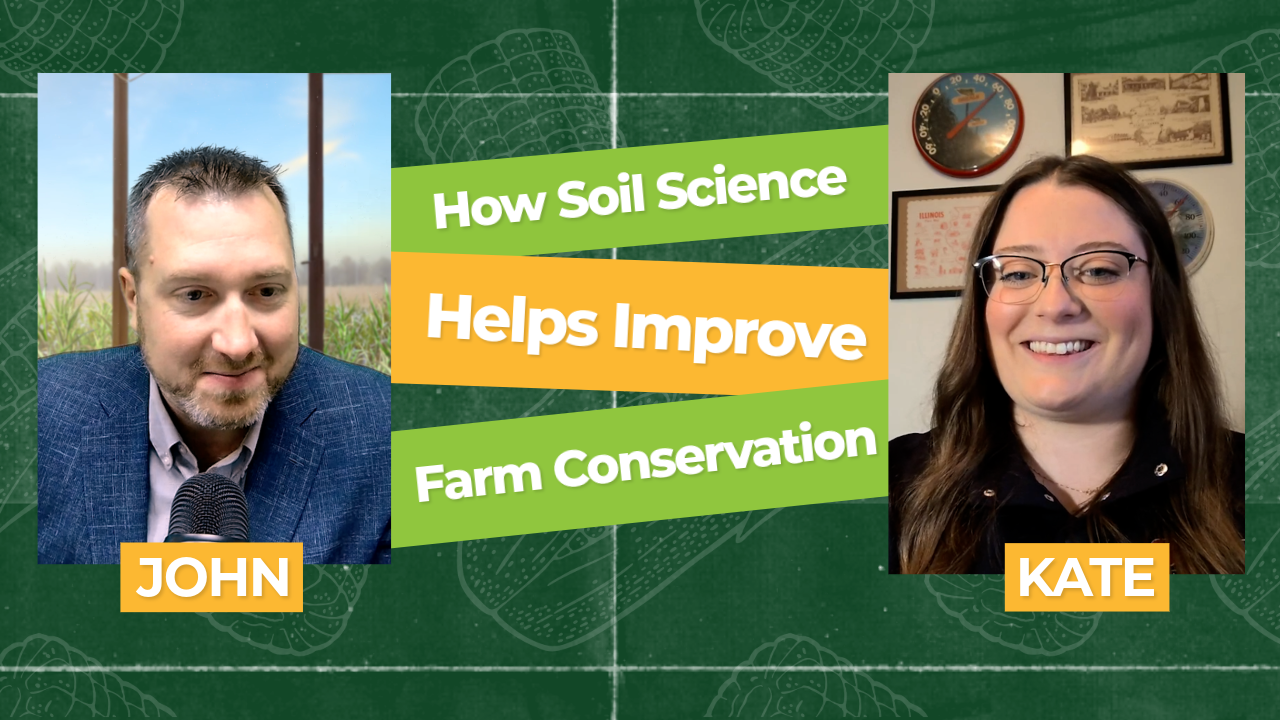GMOs 101: Benefits, Controversies, and the Future of Food
The Truth About GMOs: What They Are and Why They Matter
Genetically modified organisms (GMOs) are a modern technology that have added value into the agricultural industry. Despite their benefits, GMOs are often surrounded by confusion and controversy. Separating fact from myth is essential to understanding their true impact on our food system.
What are GMOs?
GMOs are plants, animals, or microorganisms whose genetic material has been altered using biotechnology to express desirable traits.
How do GMOs Benefit Agriculture?
Corn is one of the most widely grown crops in the U.S., and GMOs have had a transformative impact on the industry:
- Insect resistance: Certain genetically modified (GM) corn varieties produce a protein that naturally repels pests, reducing the need for chemical insecticides.
- Herbicide tolerance: Farmers can manage weeds more efficiently without harming the crop, reducing the need for tilling and conserving soil health.
- Disease resistance: GM corn varieties are better equipped to withstand plant diseases, helping farmers maintain a steady, reliable food supply.
In fact, according to the FDA, these traits help farmers increase yield while using fewer natural resources—a win for both agriculture and the environment.
GMO Crops Approved in the U.S.
As of now, only 12 GMO crops are approved for commercial use in the United States.
- Corn
- Soybeans
- Cotton
- Canola
- Alfalfa (for animal feed)
- Sugar beets
- Rainbow papaya
- Ranger Russet and Atlantic potatoes
- AquAdvantage® Salmon
- Arctic® Apples
- Squash
- Golden Rice®
Why are People Against GMOs?
Despite the scientific consensus on the safety of GMOs, public skepticism persists. Concerns often stem from misinformation, ethical considerations, and distrust in large agribusiness companies. Some worry about potential long-term health effects, environmental impact, or corporate control over the food supply. Others simply prefer more natural or traditional farming methods.
However, major scientific organizations including the World Health Organization, the National Academy of Sciences, and the FDA have repeatedly found that GMOs on the market are as safe as their non-GMO counterparts.







